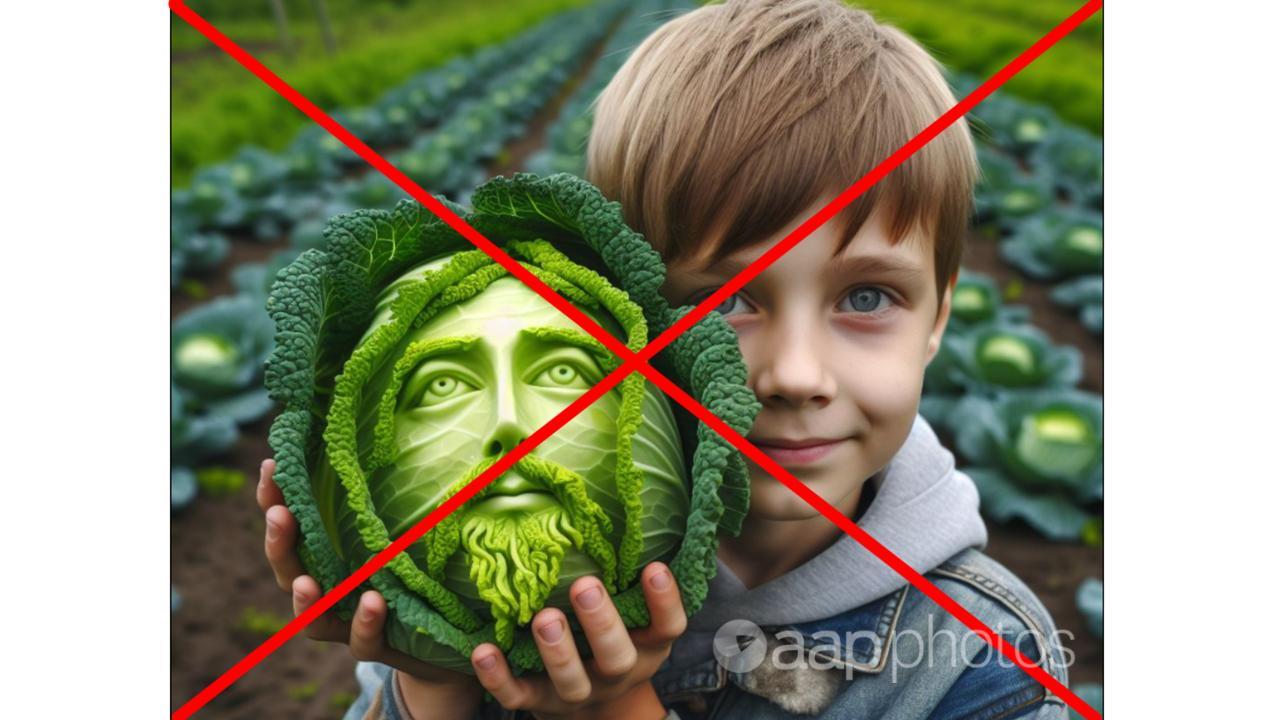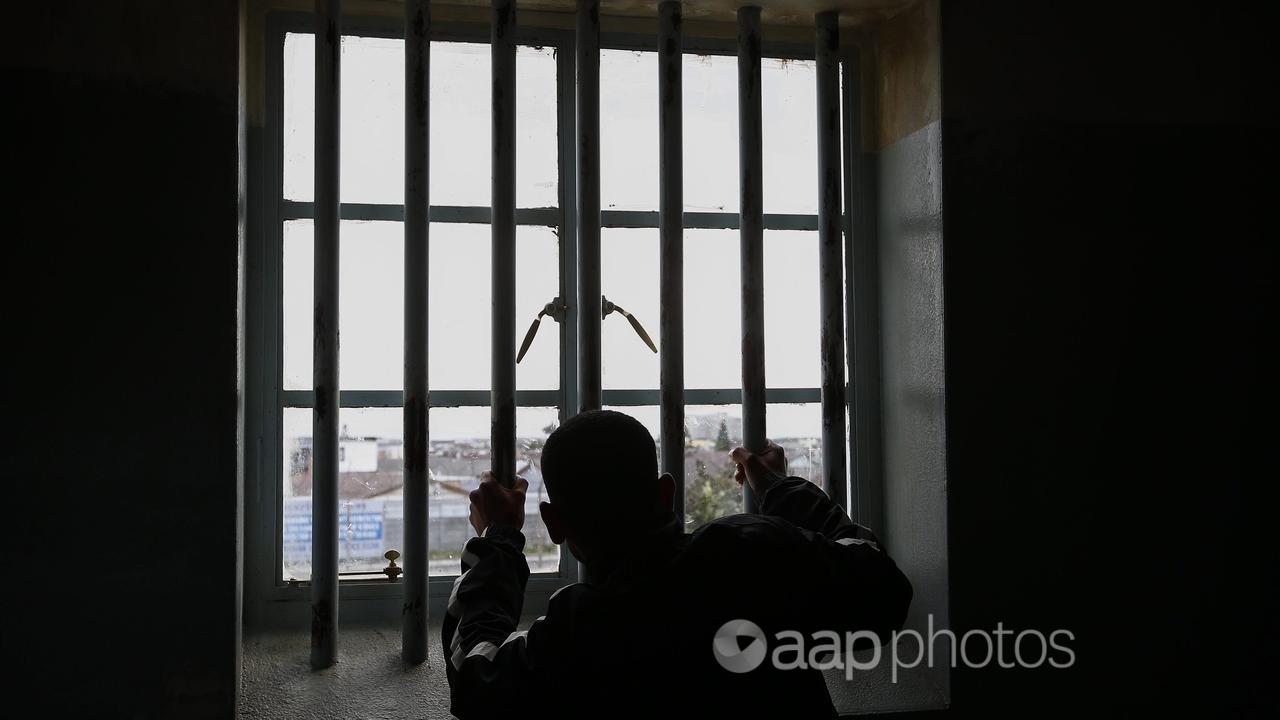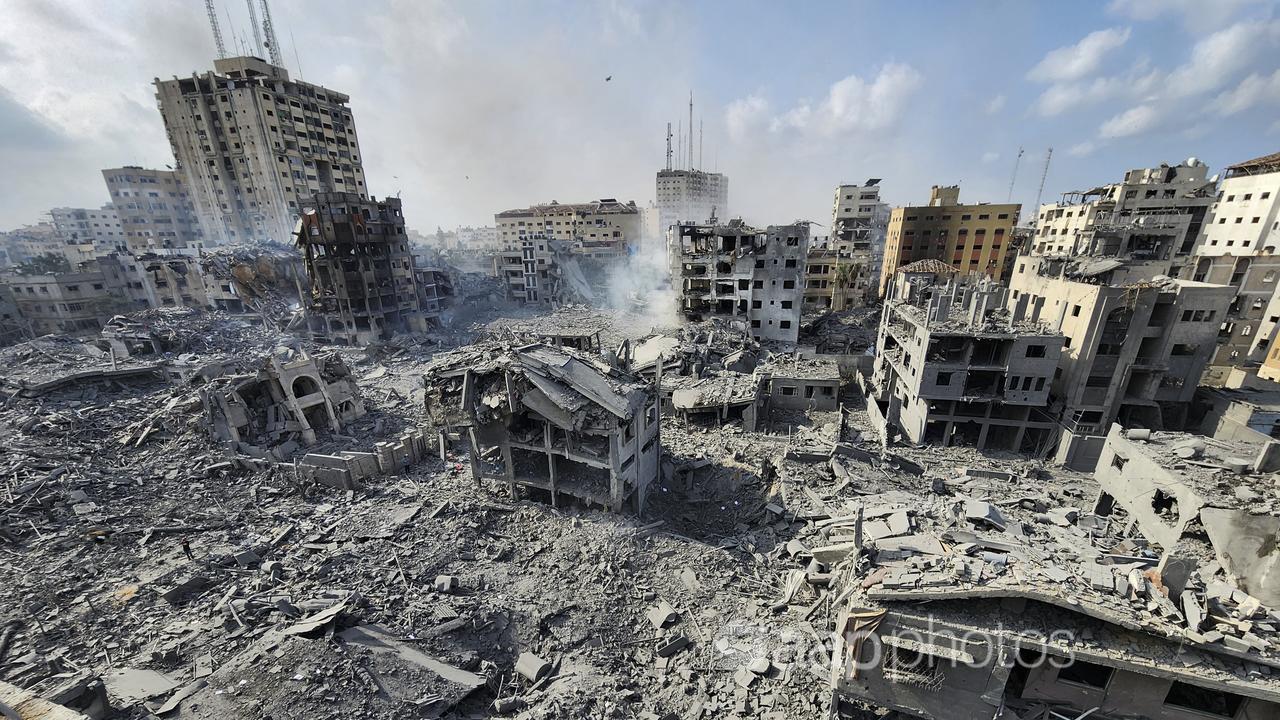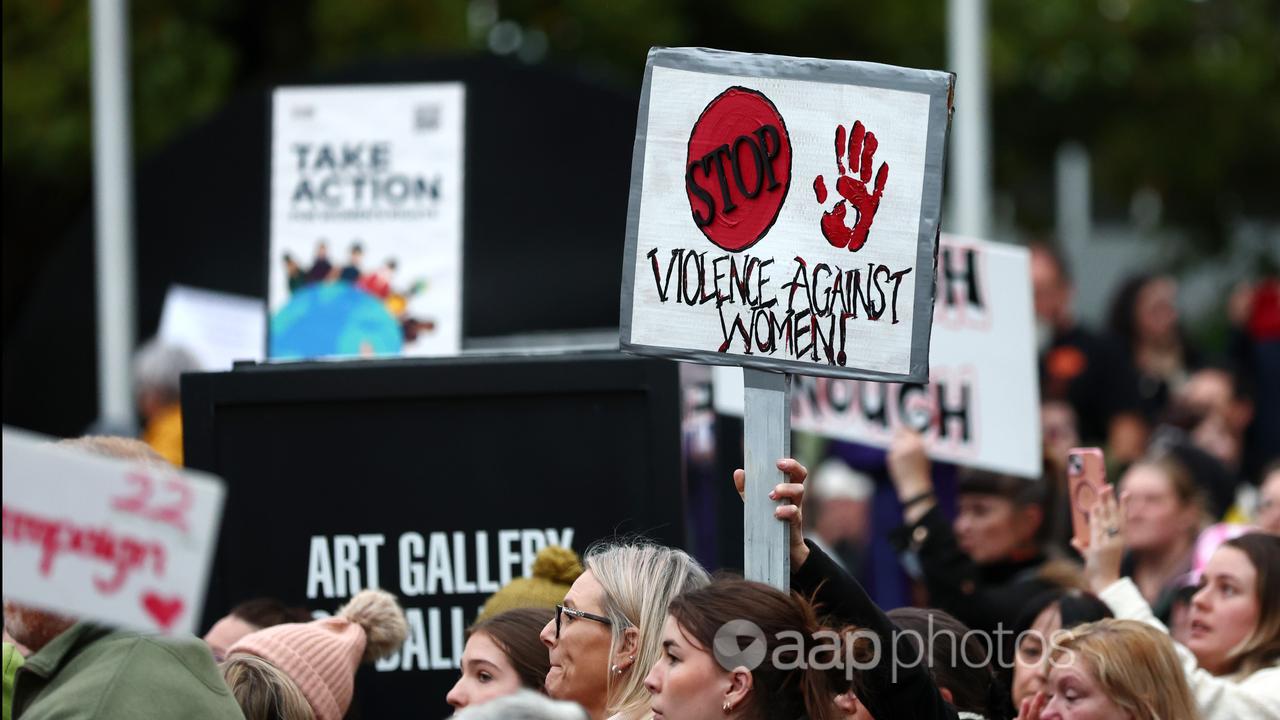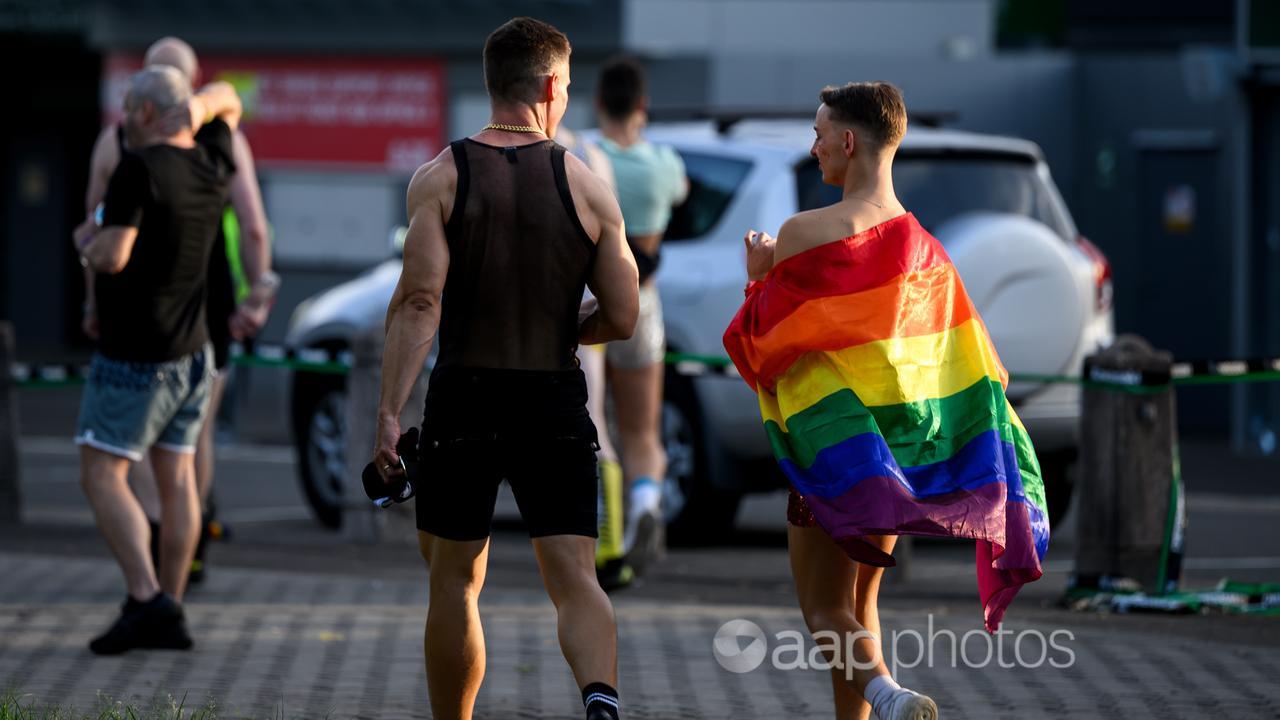The Statement
A widely shared Facebook post claims South African Police stopped a donation of food destined for a squatter camp during the country’s COVID-19 lockdown.
A May 19 post, from an Australian-based user, claims that on May 3 South African Police “prevented a church from delivering 200 food parcels to the Bonaccord [sic] white squatter camp in Pretoria”.
The post claims the police “said that no food is allowed to be delivered to white people” and confiscated 200 food parcels intended for the camp.
The post then states: “The church that delivered this food to the squatter camp was fined R10,000”.
The post features two photos – one of an emaciated child and the other of a small group of people, with a young girl in a pink jumper in the centre of the image.
The post has been viewed more than 230,000 times and been shared more than 7,400 times, including reshares.
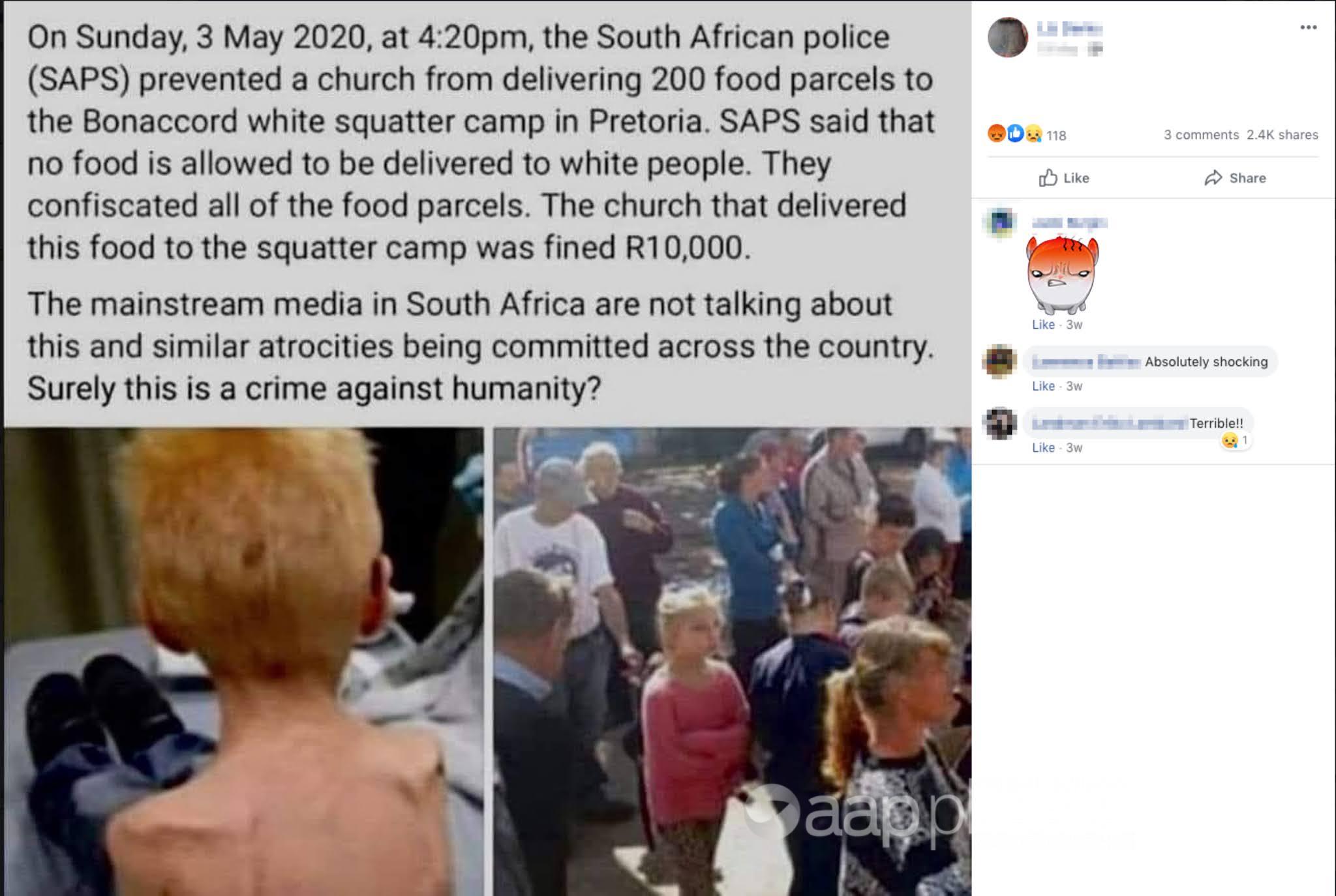
The Analysis
South Africa is easing it’s COVID-19 restrictions as of early June but at the height of the crisis charities and NGOs were organising large-scale relief efforts for the hardest hit communities in the country.
At two slums on the southern outskirts of South Africa’s administrative capital Pretoria, queues for food donations at one community stretched up to four kilometres in late April.
White squatter camps are communities of poor white South Africans who have formed shanty towns on disused plots of land.
A white squatter camp called Sonskynhoekie is located near the north Pretoria suburb of Bon Accord.
The May 19 Facebook post claims that on May 3 South African Police (SAPS) stopped a church from delivering food parcels to the “Bonaccord white squatter camp”.
According to the Facebook post, the church that allegedly delivered the food was also fined R10,000 (AU$867).
However, South African Democratic Alliance party politician, Adriana Randall, told the Pretoria North Rekord newspaper the claims made in the post were false.
“The donor was not allowed to distribute food parcels in the area because she did not have a permit,” Ms Randall was quoted as saying.
“Furthermore, the police did not confiscate any food parcels from the donor.”
Randall reportedly told African fact check organisation, Africa Check, she was with the donor at the police station when they were denied entry to the camp because they did not have a permit.
The South African Police Service (SAPS) also denied the claims in the post.
“The claims were investigated and found to be baseless, false and malicious,” a post on the official SAPS Facebook page states.
The May 19 Facebook post features two images, neither of which were taken in 2020 or at a camp called Bon Accord.
The image of an emaciated child originates from a 2018 case in the US state of Texas, where a woman was jailed for starving her stepson.
According to a Sky News report, the boy pictured weighed only 13kg when he was rescued.
The image of a group of people dates back to this 2016 Facebook post from the Afrikaaner charity Boere Gemeenskap Transvaal.
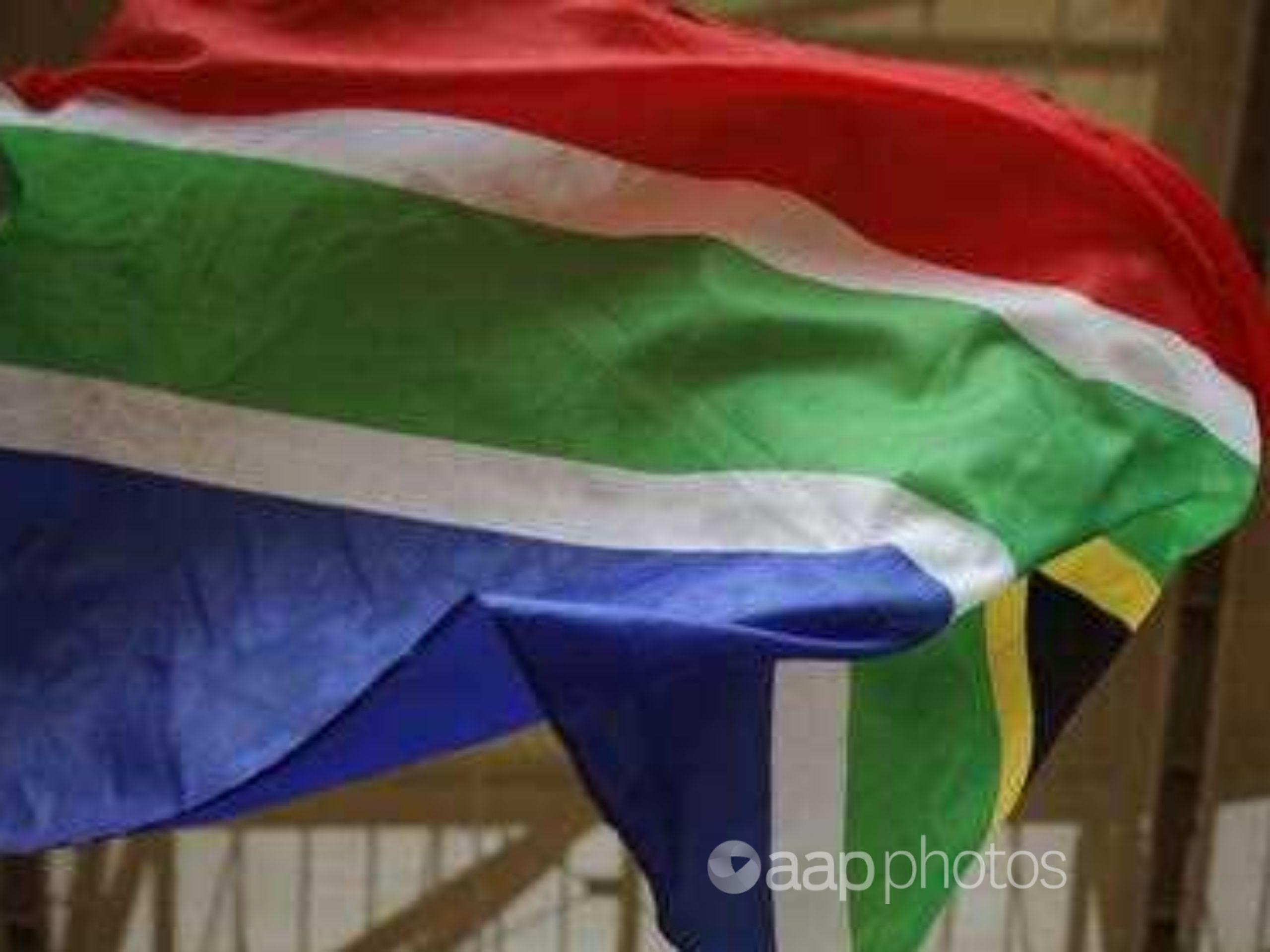
The Verdict
Based on the evidence, AAP FactCheck found the claims in the post to be false. Both the South African Police Service and local politician Adriana Randall said the claims made in the post were misleading. The images used in the post are also falsely presented as they are taken from unrelated matters.
False – The primary claims of the content are factually inaccurate.
* AAP FactCheck is accredited by the Poynter Institute’s International Fact-Checking Network, which promotes best practice through a stringent and transparent Code of Principles. https://aap.com.au/
All information, text and images included on the AAP Websites is for personal use only and may not be re-written, copied, re-sold or re-distributed, framed, linked, shared onto social media or otherwise used whether for compensation of any kind or not, unless you have the prior written permission of AAP. For more information, please refer to our standard terms and conditions.



